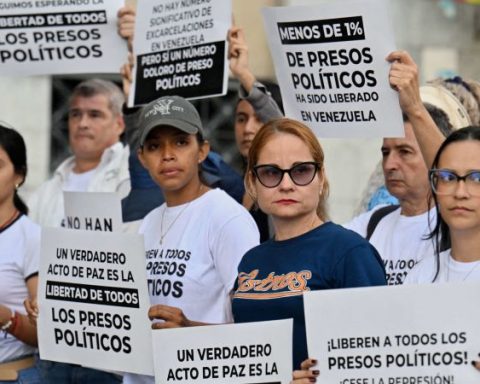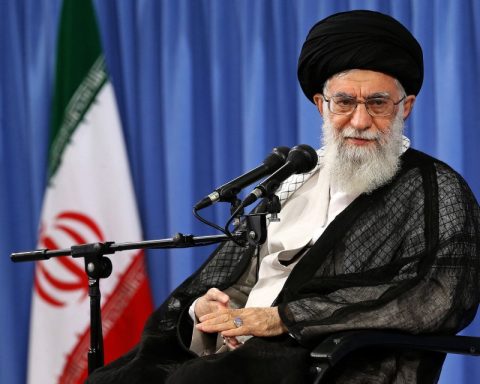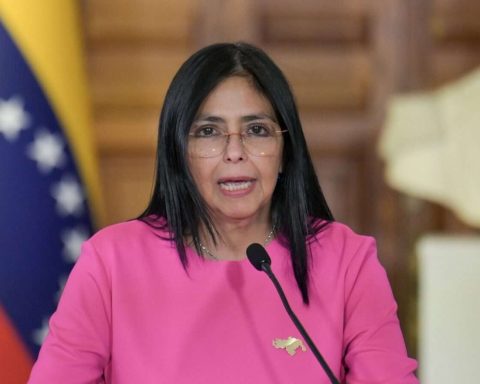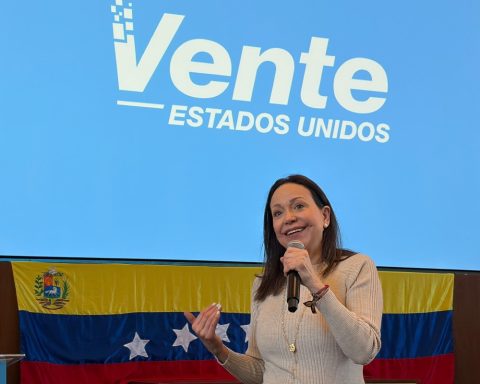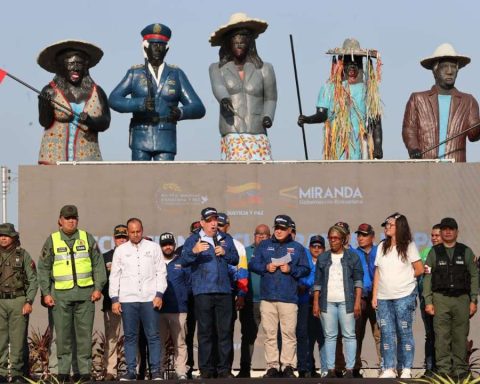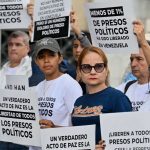
It is obvious that the Church, as a religious institution, has a primordial relationship with God and an openness to transcendent realities, which identify it in the doctrinal field and in that of praxis.
But the Church -and very properly the Roman Catholic Church- understands that relationship in close and unavoidable reference to its situation and commitment to this world and its history. If this link were drawn, a conjugation of vertical and horizontal lines could be perceived. Saint Paul understood himself as a citizen of two closely interconnected worlds. For him, earthly life was of beneficial service to the community and death was heavenly gain for himself, as appears in the Letter to the Philippians (1, 21-24).
In the gospels we find an extremely expressive text in this regard: the narration that Jesus himself makes of the Final Judgment (Matthew 25, 31-46). There the Lord will examine on very tangible earthly issues and concerning behaviors with the neighbor in need. Mentioned: food, drink, clothing, shelter, health, prison. Indifference and harshness are punished; generosity and service are rewarded. We can interpret the text in the person-person relational framework, as well as in the person-society framework, extending human responsibility to food and water, housing and health, prison policies. Contrary to the Marxist version, faith and religion constitute a requirement for a very concrete commitment for the earthly societal well-being, for the construction of a “new society”. The worldly fate of man is, it must be, an effective and obligatory concern for the Christian, to the point that eternal destiny is also at stake.
By Church is not meant here a closed preserve of the faithful, much less a hierarchical elite. It constitutes, in effect, the wide and vast congregation or assembly of the baptized and believers, who are almost entirely lay people, that is, people immersed in the world and in which they have to live their faith, acting the will of God. This has as its maximum and structuring precept love, human-divine and interhuman communion.
The mission of the Church in the world, in history, is evangelization. This mission is multidimensional, since it includes a series of specific objectives (six are usually specified), from the proclamation of the message (substantially God the Trinity and his saving work through Christ), to “the contribution of the Church to the gestation of a new society ” (this is how the Plenary Council of Venezuela titled its third document), going through other objectives such as formation (catechesis) and celebration (liturgy) of the faith, the organization of the visible ecclesial community with its services and ministries, and, finally , the dialogue with the adherents to other beliefs and convictions, towards a progressive fraternal coexistence. The mission of the Church is not reduced, therefore, to pure spiritual or cultural expressions, but includes a range of personal and community manifestations or tasks, which unite earth and heaven.
The political task -in which different fields or tasks must be distinguished as well as subjects- is part of this mission and is a consequence of the maximum commandment of love, which implies service, sharing, solidarity, co-responsibility and everything that weaves togetherness. Hence the abstruseness of trying to reduce faith and its religious expression to a purely “private” experience, as if the relationship with God and with others could be exiled from the public square and from the centers where the polis is woven. It is not about theocratizing the State and society, but it is about preventing them from becoming substitutes or opponents of the divine (the idolatry of power and the “cult of personality” are always lurking) and that interpretations of the human being empty of your religation with God and end up turning him against himself. “The glory of God is that man lives”, as the ancient Christian writer, Irenaeus (+203), said.

